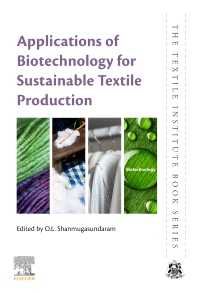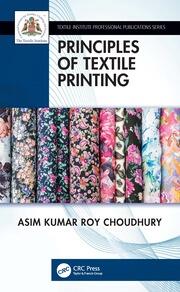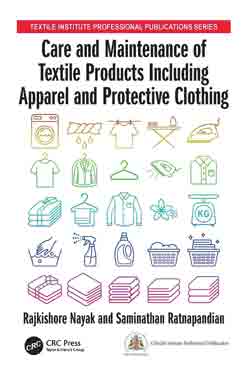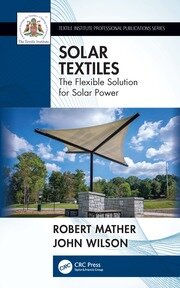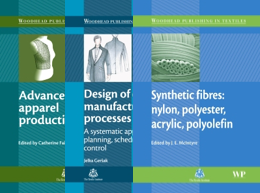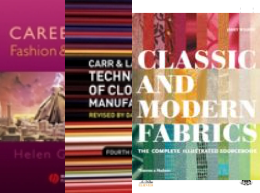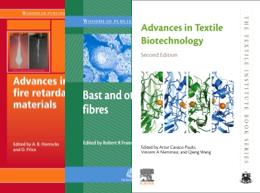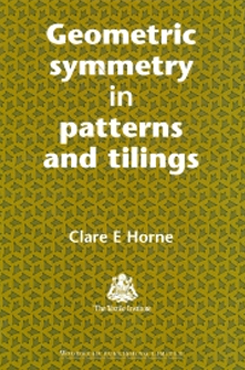Description
Table of Contents
1. Background and Type of Textile Materials Processed in Textile Industry
2. Techno-economic Analysis of Present Process in Textile Industry
3. Biotechnological Approaches in Desizing of Textile Materials
4. Biotechnological Approaches in Scouring of Textile Materials
5. Biotechnological Approaches for Sustainable pre-treatment of Textile Materials
6. Biotechnological Approaches in Dyeing of Textile Materials
7. Biotechnological Approaches in Printing of Textile Materials
8. Biotechnological and Nano-biotechnological Approaches in Finishing of Textile Materials
9. Bio resources Mediated Technological Advancements in Chemical Finishing of Textiles
10. Biotechnological and Nano-biotechnological Approaches in Treatment of Textile Effluents
11. Conclusion on Biotechnology in Textile Production and Future Scope
Description
Applications of Biotechnology for Sustainable Textile Production is a practical guide to the fundamentals, methods, and future prospects for sustainable biotechnological and nanobiotechnological approaches to textile production.
The textile industry is highly motivated to reduce its use of natural resources, reduce waste, and cost. Processes such as dyeing, printing and finishing fabrics traditionally require a lot of water and can produce hazardous wastes as a by-product. In order to help improve these processes, this book evaluates different technologies, comparing them as ways of saving water, energy, material waste, and time, in addition to the reduction of wastewater and sludge. Technologies investigated include enzymatic treatments, ultrasonic treatments, advanced cotton fiber pre-treatment to increase dye receptivity, nano-biotechnology, plasma technology, and foam technology in the finishing process. Health risk assessments and complications resulting from usage of chemicals and other traditional processing technologies are also examined.
Key Features
- Addresses all five main stages of textile processing, including pre-treatment, dyeing, finishing, drying, and quality control
- Provides an overview of the techno-economic context of the modern textile industry, explaining where sustainability fits with other priorities
- Includes case studies throughout showing how these methods can be used for sustainable textile production
Readership
Sustainability managers and life cycle assessment professionals in the textiles and fashion sector
